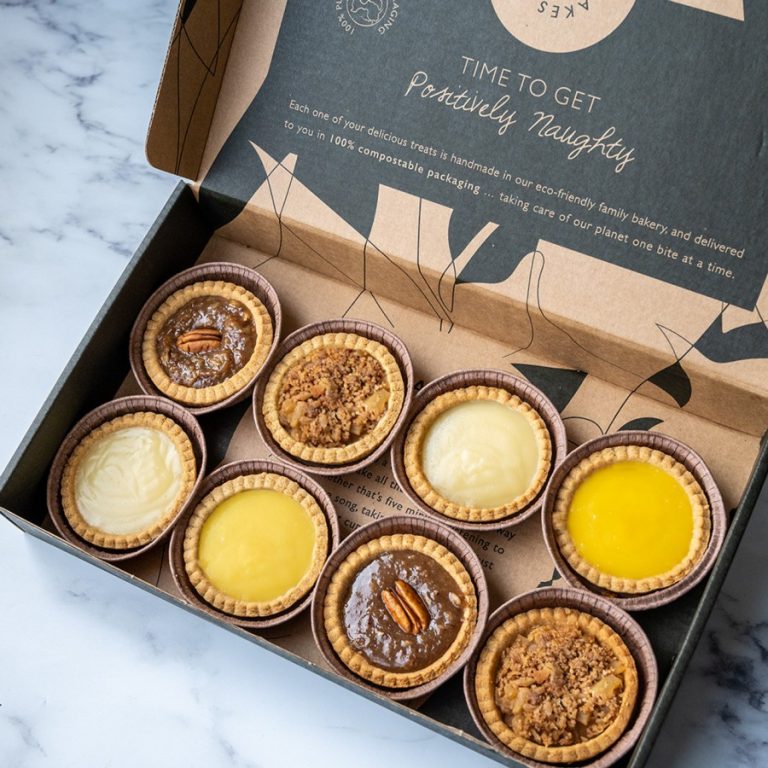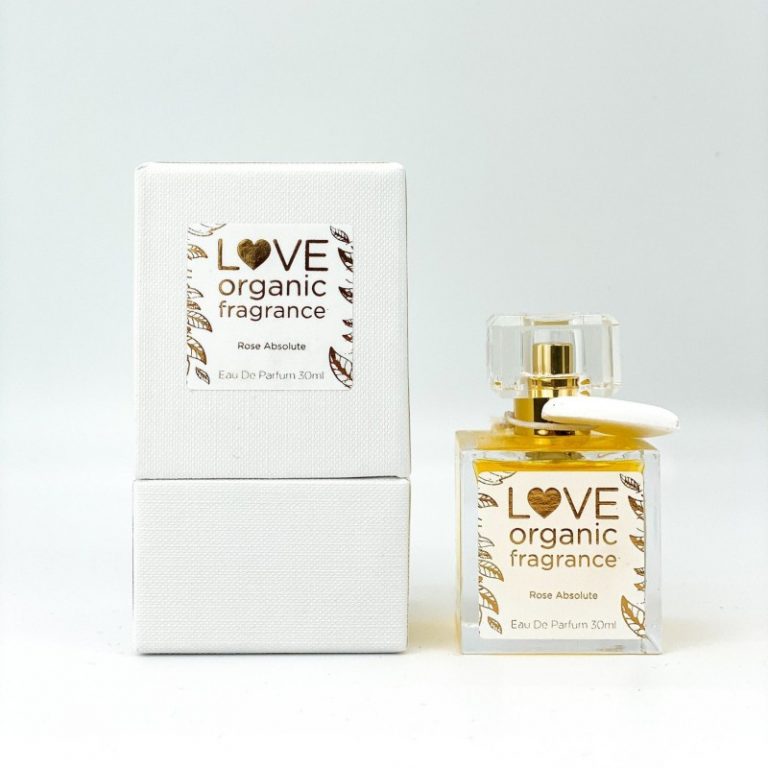
World Health Organisation is at the forefront of a campaign to end the exploitative and aggressive marketing of formula milk to mothers in developing countries. In a survey with UNICEF, it found that over half of parents and pregnant women in the world have been targeted from formula milk companies, often breaching international standards on infant feeding. All to help profit, rather than listen to science from health professionals.
Some formulas companies give ‘free’ formula to poverty-stricken new mothers in African hospitals. When they return home they can’t afford to buy it. So sometimes use lesser amount or mix it with dirty water. Either way, this can make babies or ill, or some die. WHO estimates this causes up to 800,000 deaths of babies each year, who can mostly safely be breastfed.
Most African people are also lactose-intolerant, so it’s not a good idea healthy-wise, to market dairy formula anyway.
Unless there are medical reasons not to, most women can breastfeed. And the benefits of breastfeeding are widely known, both for the health of the baby and mother (including a lower risk of cancer in later life).
The formula milk industry (worth billions) often tries to influence the feeding decisions of parents, often making claims that violate the International Code of Marketing of Breast-Milk Substitutes, a public health agreement passed by the World Health Assembly in 1981.
Breastfeeding within the first hour of birth (followed by exclusive breastfeeding for six months and continued breastfeeding for up to two years or beyond) offers a powerful line of defence against all forms of child malnutrition, including wasting and obesity. Breastfeeding also acts as babies’ first vaccine, protecting them against many common childhood illnesses. World Health Organisation
Watch Tigers, the story of how a former marketeer takes on his old employers, backed by a breastfeeding charity. When he learns that infant formula may be causing some babies to die, he immediately resigns and is now on a mission to stop the practice.
For babies in developing countries with cleft palate and other conditions that make breastfeeding difficult, medics have created Nifty Cup. This simple device lets babies ‘lap’ milk’ rather than having to use formula.






